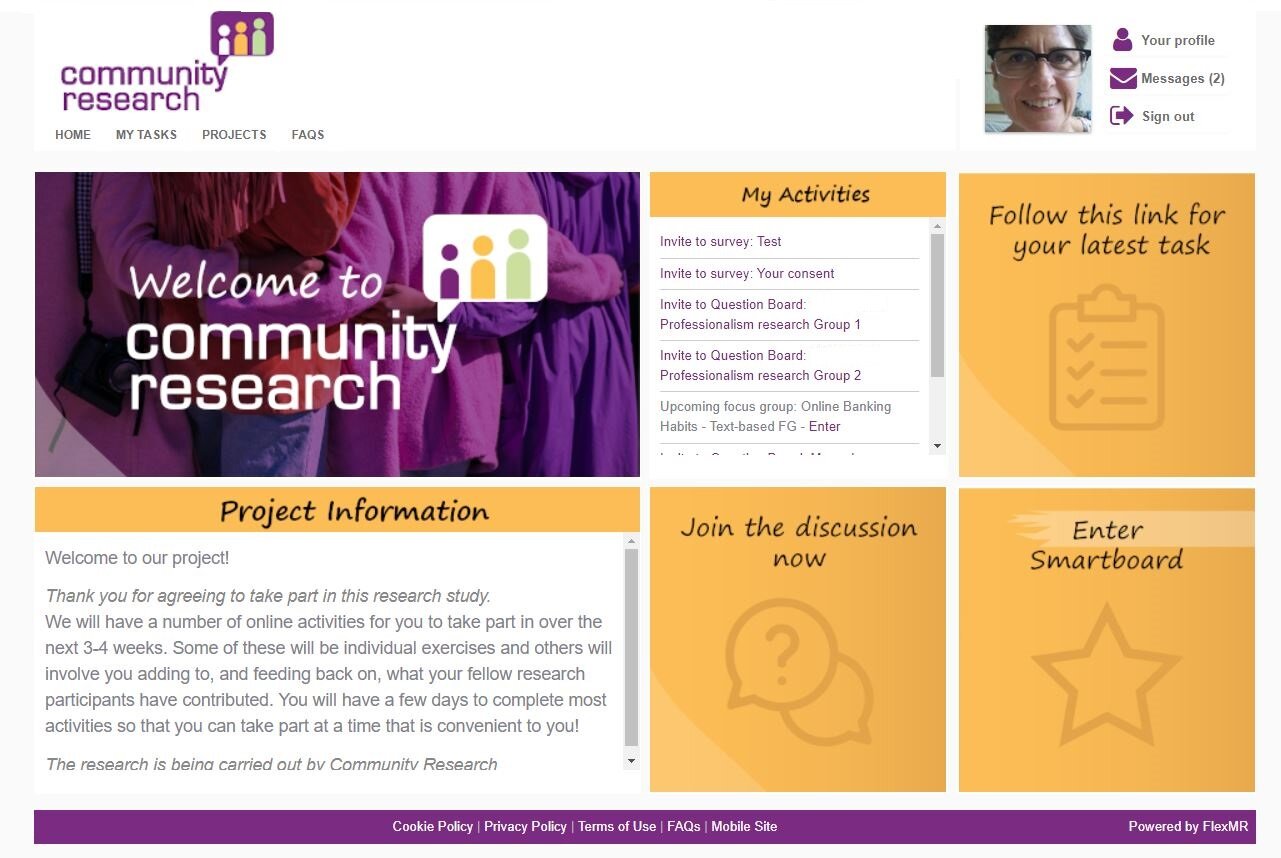Online deliberative research - the pros and cons
Like many others, we’ve been adapting our approach to a number of projects in response to the constraints of lockdown. Of course, moving face to face deliberative research projects online, was always going to be the biggest challenge. Which begs the question - how far can you replicate face-to-face deliberation, in an online environment, and get meaningful results for clients? Of course, we have done plenty of online qualitative research before now, including deliberative elements, but we have generally designed complex deliberations, until now, as face to face activities. It has been an exciting and creative challenge for us, then, taking some of our planned deliberative projects and adapting them to an online setting. Of course, necessity is the mother of invention and we’ve found ways around every challenge and learned a great deal. As we embark on our latest online deliberative community, it is becoming second nature and we’ve concluded that there are plenty of advantages of going online with a deliberative process, including:
It results in a huge wealth of data. Because every participant responds to every question on a written discussion board, we receive much more feedback, all of which can easily be linked back to individuals’ identities – something that can be missing in workshop sessions, unless you incorporate a lot of individual questionnaires (which sort of defeats the object!)
You have more control over when to expose people to other participants’ point of views (for example, by only revealing others’ responses once people have posted their own response), which makes it easier to avoid any ‘group-think’.
We are not constrained at all by geography. Including people from the devolved nations and rural areas is important to many of our clients. Most face to face deliberative sessions tend to be held in large urban areas, so that we can gather a good range of people together in a central place. Online you can convene people from all over the country in one discussion.
The anonymity (people can create their own username, rather than use their real name) allows people to be more open and honest than they might be in a face-to-face discussion.
A key part of the deliberation process – taking the time to come to a considered point of view – is aided by the learning taking place over a longer period of time. We have found it works best to break the deliberative process up into manageable sessions….and this gives people more time and space to consider issues. Arguably, their responses are more thoughtful.
It is more widely accessible in some respects, as people can take part from home, at times that are convenient for them; travel, work or caring constraints are less of an issue.
However, there are also, of course, some limitations to online deliberative research that need to be taken into consideration at the design and analysis stages. Here are some of the things we’ve learnt along the way:
While more and more people may have access to online deliberation, there is no denying that a certain level of technological capability is required. Researchers need to think about how to overcome potential issues, for example using platforms that are enabled for mobile, that don’t use up data etc.; and provide really clear instructions to help people to use unfamiliar tools. We also need to make sure we allow time to help people with their queries.
Of course, at the extreme end of this, those with no Internet access are not included at all. However, there are also many (arguably more) people who would never be able to attend a face to face workshop, so there is no method that can claim to be fully accessible to all.
It is harder to check if people have understood the information that you provide them with, when you can’t get that immediate ‘read of the room’. This means that materials need to be thoroughly piloted for comprehension, and additional content may need to be provided to participants to check understanding. You also need to make sure people know they can, and should, ask questions.
One thing that is harder to replicate online, is getting participants to collaborate e.g. to develop solutions or discuss trade-offs as a group. If this is needed in a project, this is the point where live video focus groups might be necessary, potentially with break-out rooms to allow small groups to work together.
Related to this, it’s also difficult to build the buzz you can get from a workshop. Interaction between participants can help to stimulate this, so it’s helpful to build in opportunities for this to take place – again, smaller break-out groups or even just encouraging participants to comment on one another’s posts can help….However, in this respect it may be that nothing can quite replace the excitement of a room full of people working together in the real world!
All in all, whilst we’re looking forward to renewing face-to-face research again at some point, we’ll definitely be weighing up these pros and cons as we design deliberative research in future and we may find that we default to face to face approaches less often than we used to.

